Can we begin to believe again?
[ad_1]
By Cyrus Ademola
WE all know that we have let down our guard down these past few days or weeks. The tension and circus of political intrigues have made us forget who we really are. We have become like the proverbial man who looked faintly into the mirror only to go his way and forget what was looking right back at him some moment ago. Some of us have cursed God under our breath; we’ve let despair set in, with hope dashed and bereft. In short, we have stopped believing. If these past weeks have taught us anything, it is that there are really no answers where we seek them. Our prophets and pastors suddenly became soothsayers, foretelling things that were beyond their ecclesiastical purviews. Some even claimed they had seen seen the night visions and have been granted the crystal ball to look into the future and tell the mind of God concerning the election. As expected, their prophecies fell short. God hadn’t revealed to them anything; they only spoke according to the spur of their emotion.
But the damage they have done to the faith of those who look up to them as spiritual figures and God’s representatives on earth isn’t inconsequential. These people have begun to question their faith in God, asking and probing about His existence because the election didn’t go in their favour. This is the problem with mixing religion with politics. Like water poured into a bowl of oil, one soon finds out that both entities are never bedfellows. What we see is that we’ve allowed charlatans and con men take over our pulpits, working up unstable emotions and feeding them with false hope. These doomsday prophets do more damage to their faith than a well-thought-through atheistic verbiage. As a clergyman myself, saddled with the responsibility to nurture the faith of others and protect the flocks of God from savaging wolves and tigers, I have seen these consequences played out in real time. I have watched those who I would not believe would question their faith used remarks and phrases unbecoming of a believer simply because the election didn’t go a certain way.
I then begin to wonder whether the faith of my people is really rooted in the mystic and wondrous constellation of two millennials or the ebbs and flows of a political panoply in a country in Africa. Who knew that the greatest argument against faith in Christ isn’t the writings of Bertrand Russell, Christopher Hitchens or Richard Dawkins, but the in-working of an electoral process in Nigeria? The Christian faith didn’t endure this long simply because we Christians prayed and got everything we’ve wanted up until this point. Stories of martyrdom carried out by wicked politicians and monarchs of yore were seen to strengthen the faith of the early Christians, not to leave them in a dark valley of doubts and questions about God’s existence. If you believe in God only when you see your prayer answered, I promise you this: you won’t be believing for long. A faith anchored only on the possibility of a smooth sailing will end up shipwrecked alongside the boat.
Bad things happen to good people. We don’t always get our way in life simply because we are believers. God never promised Christians that all their leaders will be a David, a man after His heart. He never hinted that His sovereignty will be only made visible when our preferred politicians emerged as winners of election. Talks around doubting God because of an election is at best childish reasoning, and at worst plainly foolish. A true Christian knows that God is still on the throne. His faith isn’t tied on the outcome of the game of power, but on the eternal truth that stretches beyond here into the deep blue sky of the world to come. Needles to say, the damage has been done to our collective experience of faith due to those who played the politics of religion, or should I say the religion of politics. Christians need to start rebuilding their trust back in God amid the crucible of political imperfections. If politics only defines your worldview about God, you need a new lens to see God with. You need to turn to the theology of men like C.S. Lewis, William Criag and John C. Lennox. More importantly, you need to find God again in His holy, written Word. The Word of God say, “Faith comes by hearing, and hearing by the Word of God“ (Romans 10:17).
We can believe again in the God who has brought us this far. Politics is a human mechanism that only micmics the higher power of the world to come. It’s a human game played by the transient and faulty rules of human system. Indeed, God is sovereign and He can interfere in our political process whenever He deems fit. But just as we can’t always expect Henry Ford to meddle with the internal combustion of an automobile to avert a fatal car accident, we shouldn’t expect God to always cheat nature to make things go our way. God transcends the natural process of human system. He’s not in any way enslaved by it. It is fitting and Christlike to have a word of prayer said for our nation in trying times and perform our civic duty when called upon to cast our votes. Still, we can even decide to run for a political office to spread more light in a dark and sullen place salvaged with corruption, mismanagement and gross incompetence. But having done all that, what’s expected of us is to live peacefully, trusting in God to lead us on in our journey of faith on earth. Christ never promised a piece of meat in every pot. What He showed us is how to live meaningfully in such a way that will prepare us for not only the here, but also the hereafter. Faith in God should transcend the natural processes of things.
As a Christian, you should believe that God knows the best no matter what the outcome is. You should rely on His infinite wisdom that everything will turn out the way He plans at the end of the day. Trusting God sometimes means His ways are beyond our comprehension. But humility requires that we give Him the benefit of doubt that He knows exactly what He is doing. Let’s not despair. Let us not cast away our faith because things do not go the way we want them to. Elections have come and gone; let us not throw out our Christian heritage because of our conceived loss. Now, that it is all over, can we begin to believe again?
[ad_2]


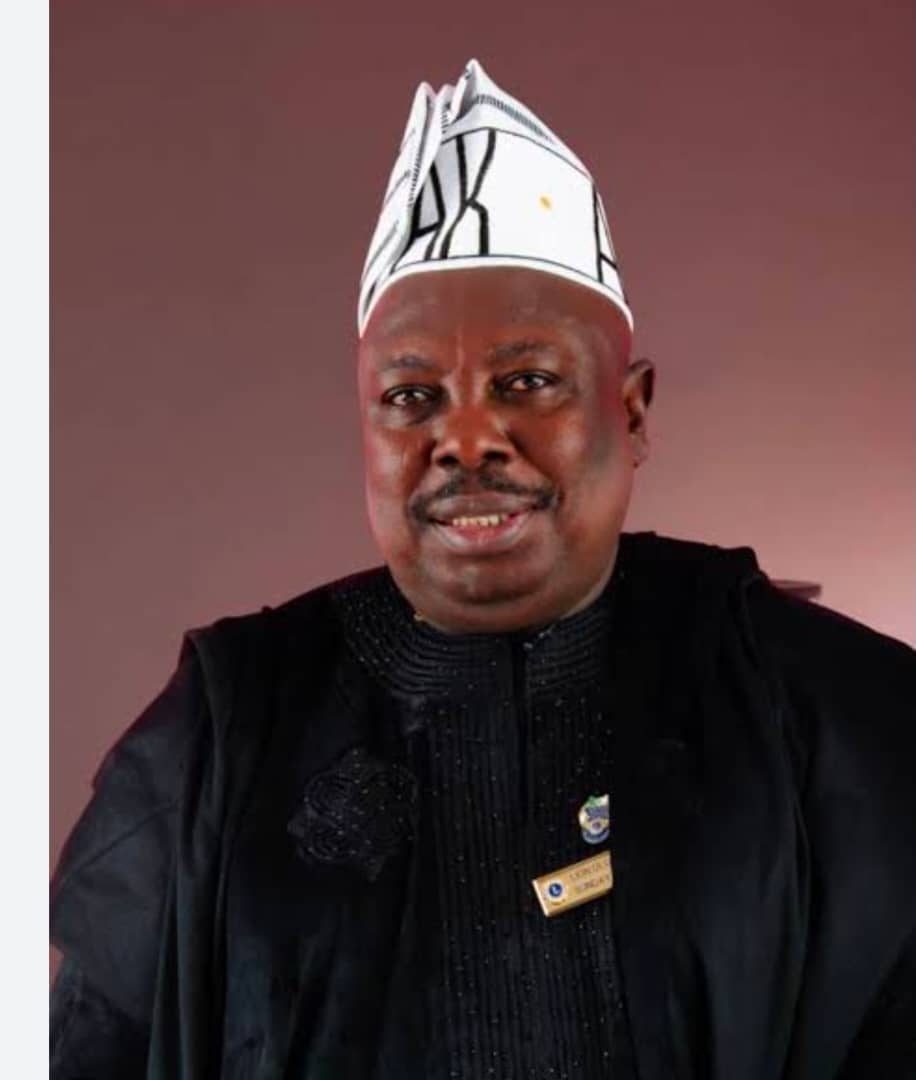


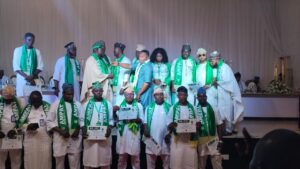
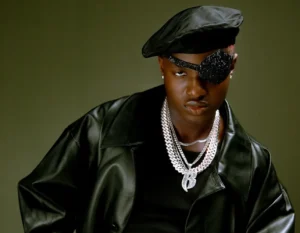

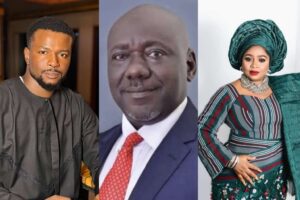


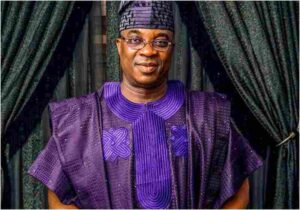


Post Comment